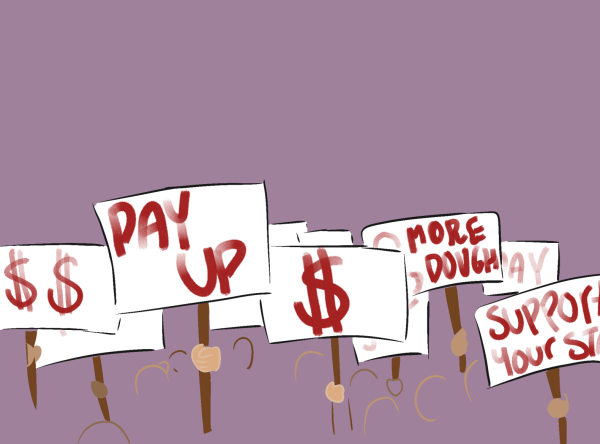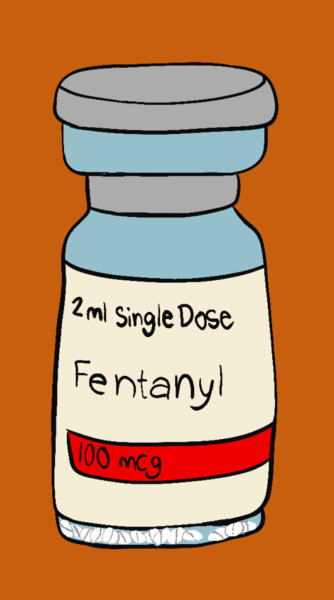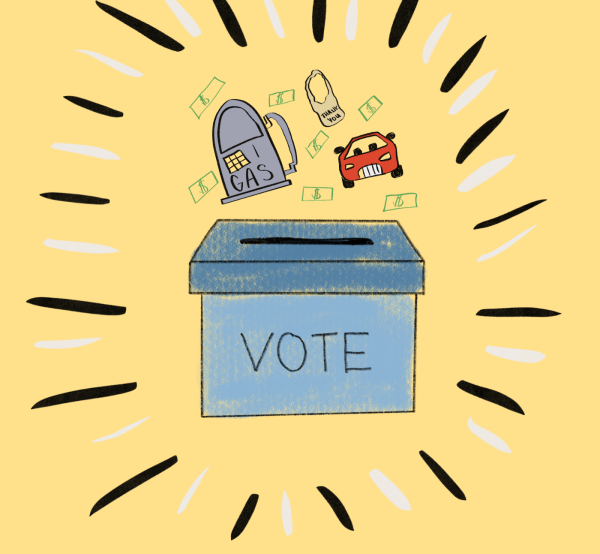Global vaccination rates represent unequal distribution
May 17, 2021
President Joe Biden has accelerated reopening goals and announced a target of achieving 70 percent adult vaccination by July 4. As of May 14, 58.9 percent of the U.S. adult population has received at least one dose and 45.6 percent are fully vaccinated, according to the Center for Disease Control and Prevention (CDC).
Vaccine availability is strong across the U.S., and the nation is enjoying a spike in vaccinations with children as young as 12 now eligible. The prospect of normalcy on the horizon especially now that the CDC has lifted mask mandates for people who are fully vaccinated.
Developing countries across the world, however, are in very different positions. India — with a vaccination rate of 3 percent — is among the many nations severely lacking doses and is currently experiencing the worst surge to date. Facing massive spikes in cases and deaths, oxygen shortages, and cries for national lockdown, India is sinking deep into a crisis.
Many have described the global vaccine disparity allowing rich countries to purchase safety while others suffer as “the vaccine apartheid.” This divide extends the life of COVID-19 and poses the threat of allowing new variants to arise. The origins of this inequity date back to the early days of the pandemic.
In the spring of 2020, countries like the U.S., U.K., Japan and Canada made deals with drugmakers to secure doses for their nations if their vaccines could make it through testing. By January 2021, 96 percent of the vaccines that Pfizer would produce in the year and 100 percent of Moderna’s had already been purchased. These deals allowed the vaccines to speed through testing and production with such record speed, but they also determined who was to receive the world supply.
“Countries representing 16 percent of the global population held over half of the doses from the most promising developers. Basically, rich countries got vaccines, poorer countries didn’t,” Vox reported.
Currently, corporations like Pfizer and Moderna carefully guard the intellectual property rights to the technology and production of their vaccines. The proposal to waive these patent protections could expand production rights to various manufacturers and quickly supply generic versions of the vaccine to nations that need them.
Despite much back and forth on the matter, the Biden administration currently supports waiving these patent protections. Conversely, the pharmaceutical companies vehemently oppose such a move. As a result of having tight control of such an essential product, Pfizer alone has generated $3.5 billion in the first quarter of 2021.









